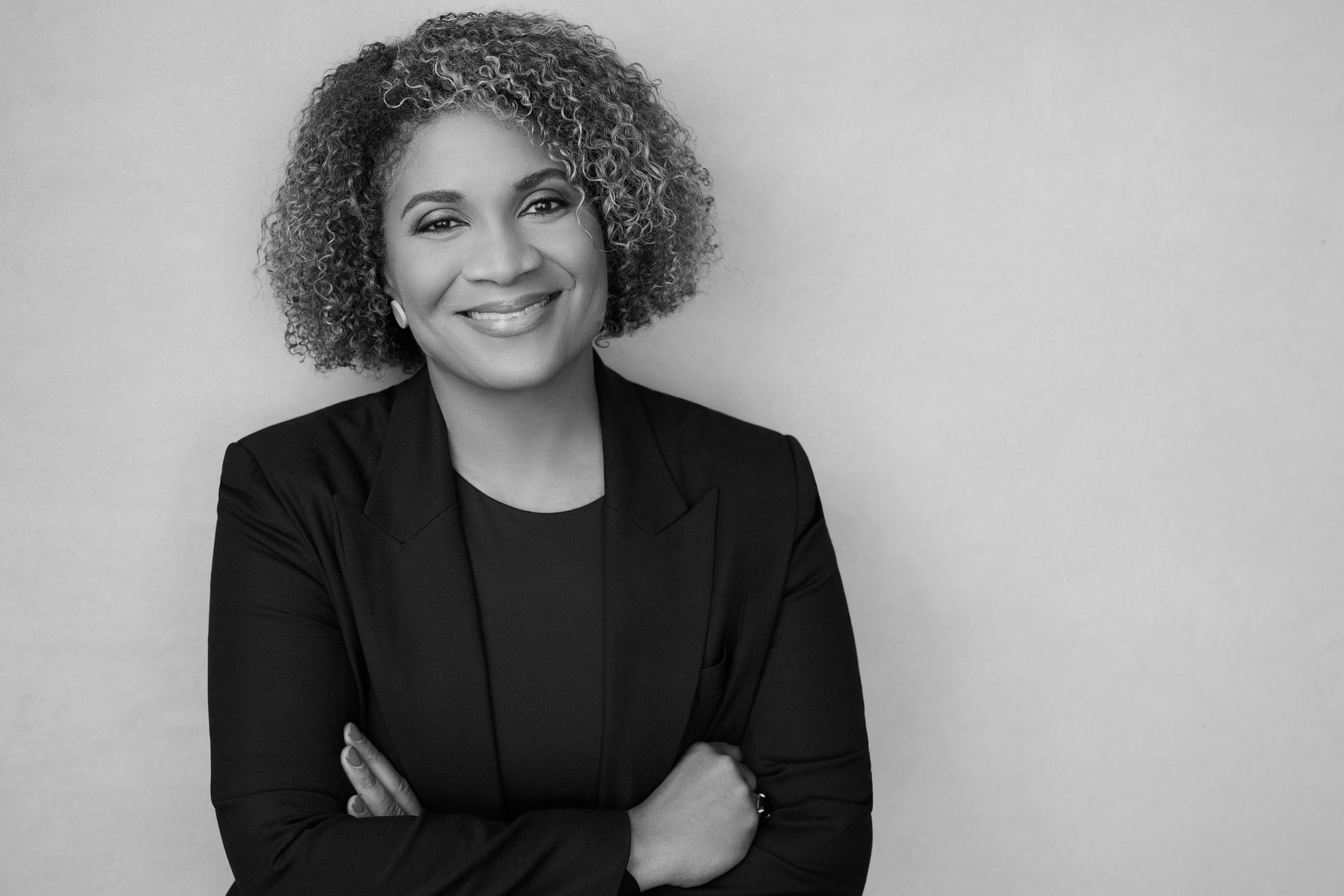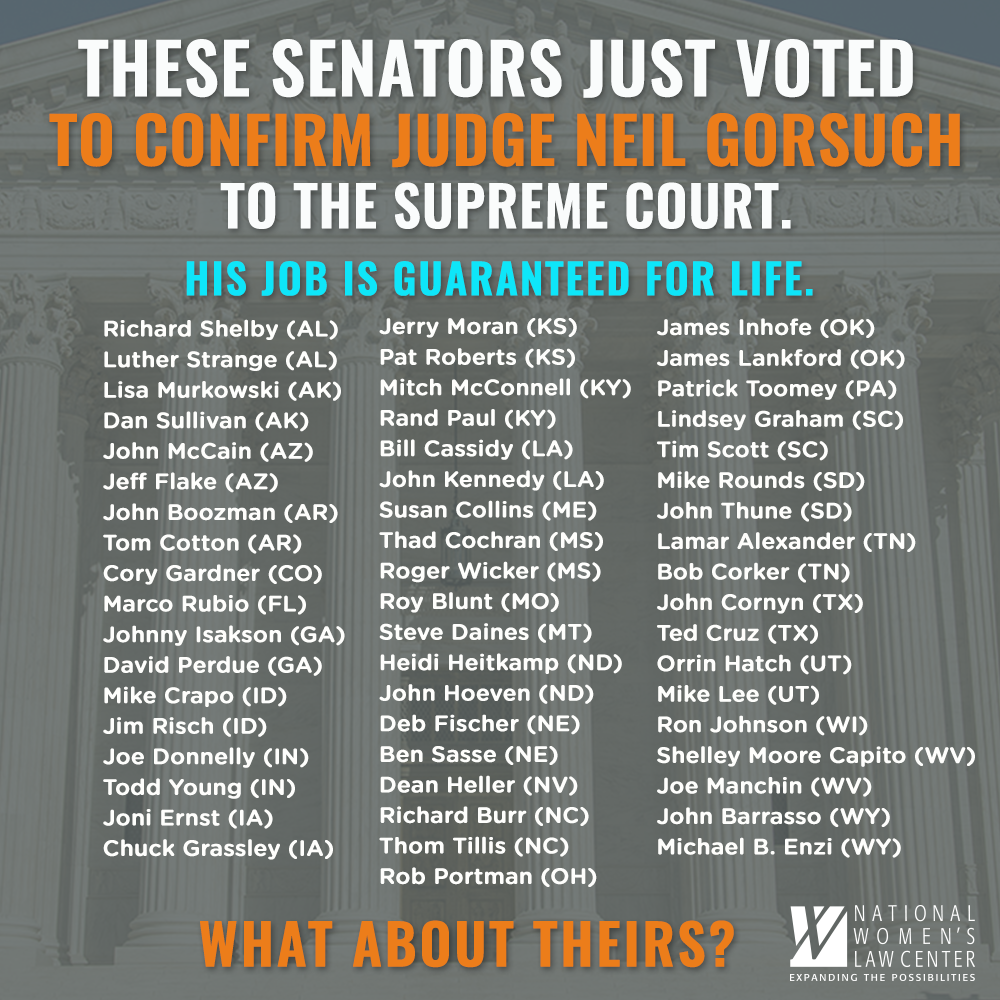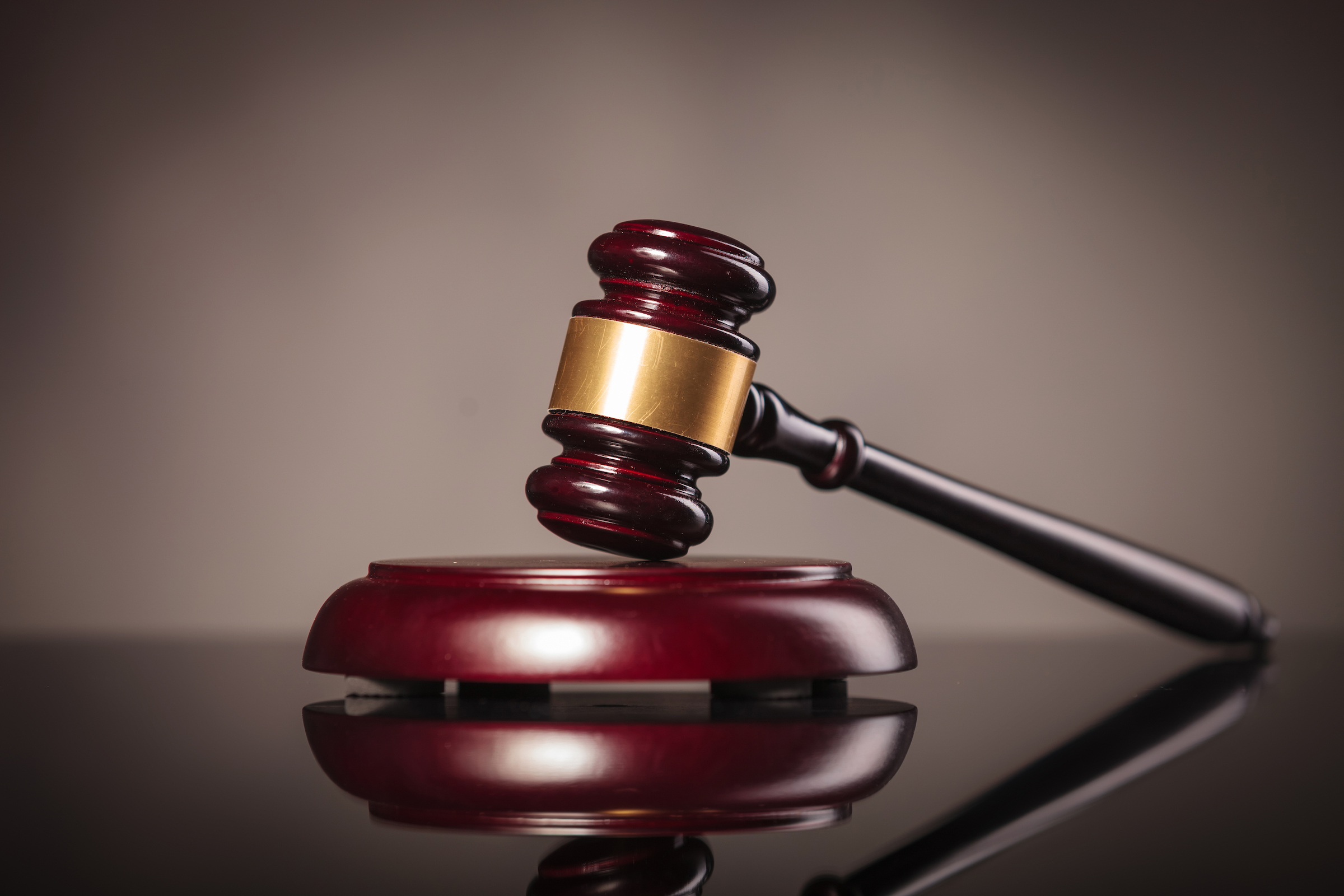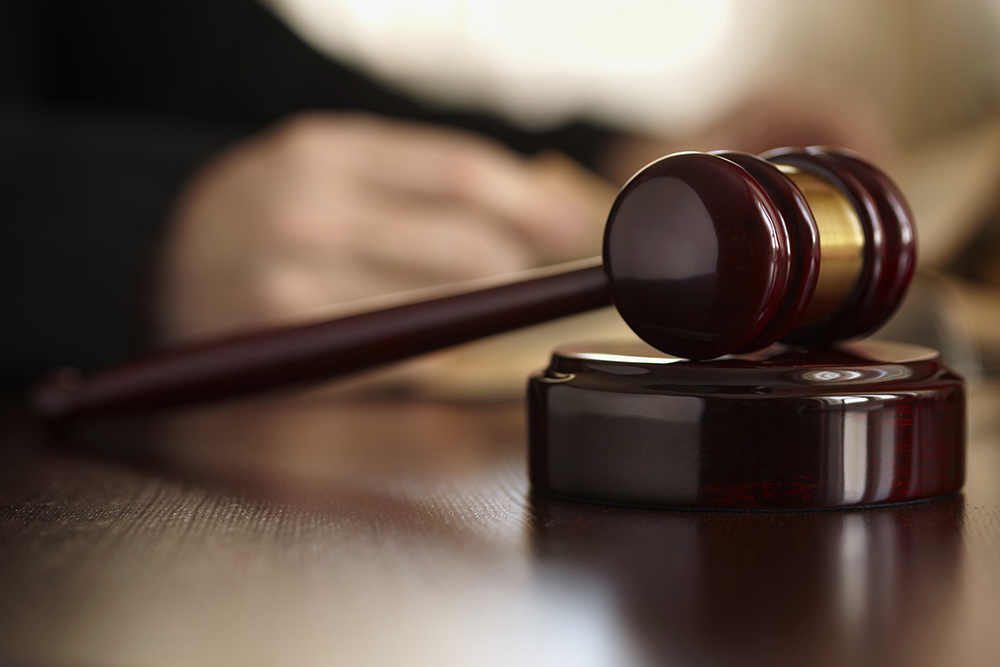Abortion rights, women of color, and LGBTQI+ people are under attack. Pledge to join us in fighting for gender justice.
We Need to Talk About the Rush of Nominees in the Senate Judiciary Committee
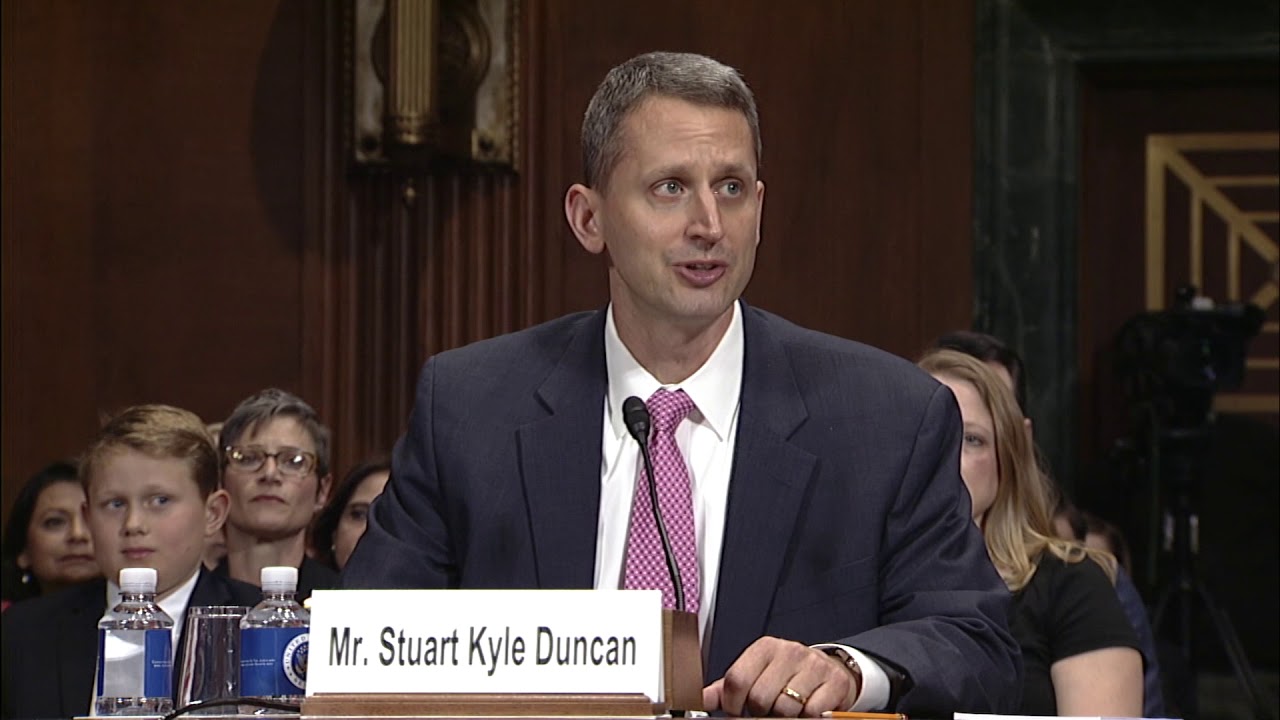
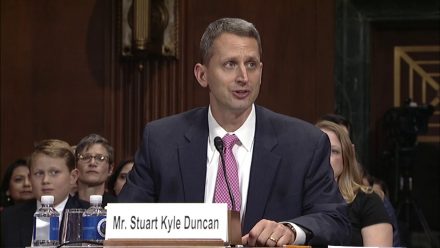 Tomorrow, the Senate Judiciary Committee plans to vote on 17 judicial nominees, along with a handful of executive branch nominees, at its executive business meeting. Yet the records of a number of these nominees are so troubling as to warrant significant discussion. For example:
Tomorrow, the Senate Judiciary Committee plans to vote on 17 judicial nominees, along with a handful of executive branch nominees, at its executive business meeting. Yet the records of a number of these nominees are so troubling as to warrant significant discussion. For example:
- Kyle Duncan, nominated to a lifetime position on the Fifth Circuit Court of Appeals, has been one of the leaders in the effort to allow employers to use religious beliefs to deny women access to birth control. In addition, he has taken numerous litigation positions hostile to LGBTQ individuals.
- Mark R. Norris, nominated to the U.S. District Court for the Western District of Tennessee, has spent the last 17 years as a Tennessee legislator trying to make it more difficult for women to access abortion, among other things.
- Matthew Kacsmaryk, nominated to the Northern District of Texas, has criticized key Supreme Court precedents on women’s health and marriage equality, and objected to protections against discrimination on the grounds of gender identity and sexual orientation.
- Eli Richardson, nominated to the Middle District of Tennessee, was sanctioned for his meritless and harassing pursuit of a declaratory judgment against an individual who had won a default judgment against her employer in a case raising claims of sexual harassment.
(And that’s not even mentioning Eric Dreiband, nominated to be Assistant Attorney General of the Civil Rights Division at the U.S. Department of Justice. We should definitely be talking about why the nominee to this critically important position has a long list of times where he has worked to narrow the scope of critical anti-discrimination laws and opposed the Lily Ledbetter Act.)
The records of these nominees must also be seen in context: they make up a broader pattern among many of this Administration’s judicial nominees who would turn back the clock on women’s rights, including reproductive rights, civil rights, LGBTQ rights, voting rights, and much more. This pattern of hostility to key legal rights is no coincidence: these nominees are not being named despite their troubling records – but indeed because of them.
Now is not the time for the Senate Judiciary Committee to rush nominees like Kyle Duncan, Mark Norris, and others, through Committee without adequate time for debate. After the Committee vote, these nominees will be one step away from confirmation to lifetime positions on the federal bench. With so much at stake, Senators on the Committee – and all of us – need time to talk.


